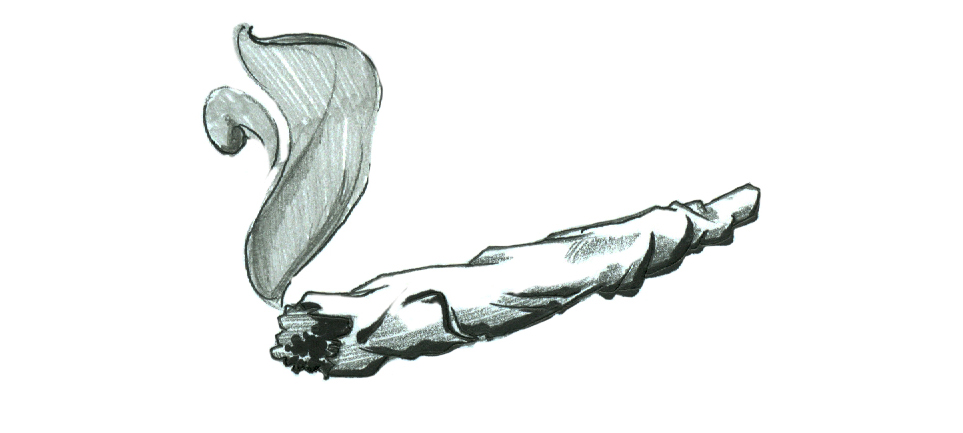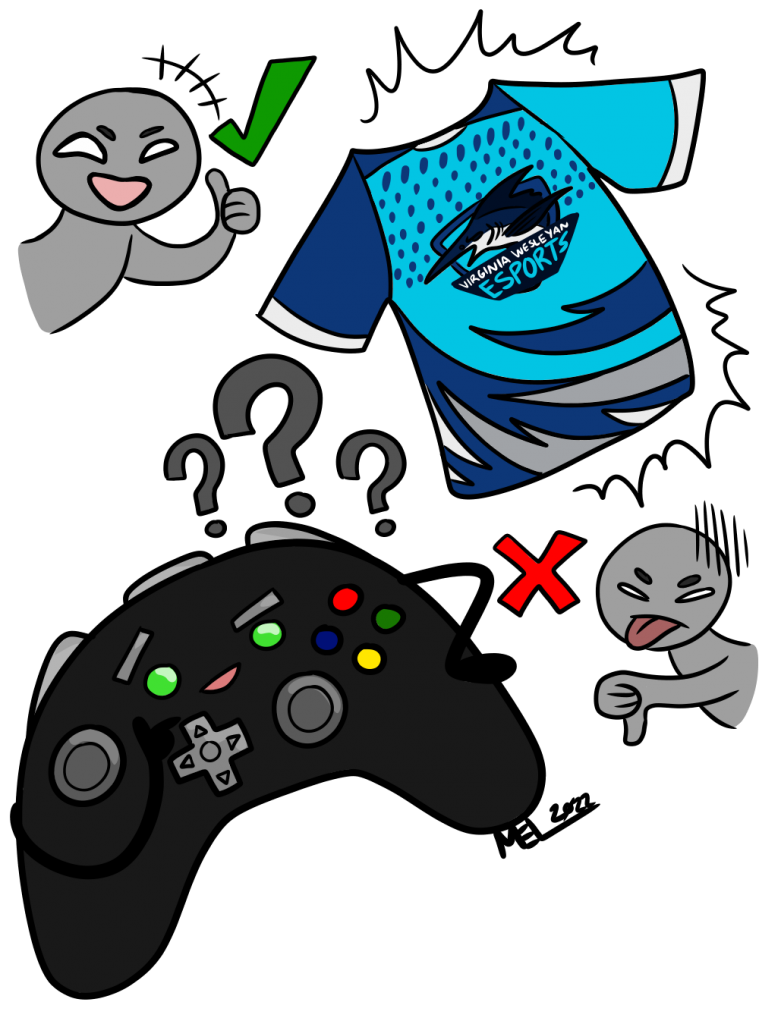Among the many changes that have hit Virginia Wesleyan, the school decided to change its official mission statement. The new mission statement reads as follows, “An inclusive community dedicated to scholarship and service grounded in the liberal arts and sciences, Virginia Wesleyan University inspires students to build meaningful lives through engagement in Coastal Virginia’s dynamic metropolitan region, the nation, and the world.” Compare this to the school’s previous statement which said,
“The mission of Virginia Wesleyan University is to engage students of diverse ages, religions, ethnic origins and backgrounds in a rigorous liberal arts education that will prepare them to meet the challenges of life and career in a complex and rapidly changing world. In this endeavor, the University employs a wide range of approaches to teaching and learning and provides opportunities to connect the study of the liberal arts with practical learning experiences on campus, in the Hampton Roads region, and throughout the world. In accord with our United Methodist heritage, Virginia Wesleyan aspires to be a supportive community that is committed to social responsibility, ethical conduct, higher learning, and religious freedom.”
The new mission statement is much briefer and easier to follow. However, its brevity leaves out an important part of our college’s identity: our religious heritage grounded in the United Methodist Church. Does this new mission statement, combined with the removal of the United Methodist flame in our school’s marketing, indicate a move toward secularism at Virginia Wesleyan? I do not know and am no position to answer the reasoning behind such decisions. I do not know how subjective the reasoning behind making these decisions was, but I can say that I think it would be a huge mistake if we lost our sense of identity.
Identity provides a lens through which we can see the world and make decisions. What happens if we don’t have an overarching identity to guide us? There are many who state that the school has not split from our United Methodist identity, especially with President Scott Miller being a United Methodist himself. However, this is not the message that is communicated by such actions as the school has taken as of late, whether they are intentional or not.
While the school may be adamantly United Methodist behind closed doors, it is not publicly displaying a stance of solidarity with the church founded by the man for whom it is named. We as an institution should own who we are through and through, despite the potential consequences. Being one way behind closed doors and another in the public eye is hypocritical.
Does it really matter what happens within the confines of the school administration? What matters is what is seen by the student population and the public. This determines the mood of the school and the tone that is set, and currently the message the school is communicating is one of secularism.
With all of this emphasis on being “Coastal Virginia’s Premier Private School,” the Wesleyan that is part of our name is slowly fading away to the point where we will simply be known as Virginia University.
Ashley Kline
aakline@vwu.edu
——————————————————————–
As Virginia Wesleyan University continues to evolve with each passing day, many have wondered if we have kept our Methodist roots. I believe, except for the school logo changing this past year, that our school has somehow strengthened its Methodist ties.
I recently sat down with our school’s chaplain, Greg West, to speak about this subject. “Our relationship with the United Methodist Church is in fact getting stronger, not weaker,” West said. At first, I did not believe this and asked for some examples. I had no idea about the amount of involvement that we had with the UMC.
The first and most obvious way that our relationship with the United Methodist Church has not dwindled is that the United Methodist flag is flown outside Godwin Hall, which houses many of our administrative offices as well as the Office of Financial Aid and Enrollment Services.
Also, we host an annual event with the UMC known as Robert F. Boyd Institute. This massive conference hosts around 75 UMC pastors from all over the region as well as pastors from other denominations. This event acts as a conference for local pastors with an overall topic one pastor who hosts the event. If anyone is curious, this year’s host is Todd Bolsinger and the topic is “Canoeing the Mountains: Christian Leadership in Uncharted Territory.” Through this event, the school is strengthening its bonds not only with the UMC, but churches in general.
If these points do not convince you, then get this: the Boyd Institute is hosting the annual pastor’s licensing school right here at VWU in May. At this event, between 30 and 50 pastors-in-training will be on campus attempting to gain the necessary licensing and certification to become a recognized pastor. It is crazy to think that our campus is hosting such an important event for those training to become pastors. In fact, this event proves that we are not only maintaining our bond with the UMC, but making it stronger than our predecessors could have dreamed.
Beyond these things, our school has a lot of involvement with UMC higher education. West is currently hosting a class this semester that is literally called “Methodism” with Religious Studies professor, Dr. Terry Lindvall. In this course students study the teachings and stories of John Wesley along with other famous Methodist founders and preachers. The Board of Trustees even has members who are highly involved in the UMC.
Virginia Wesleyan is not losing its connections with the UMC at all. The bonds we share with the church are only growing stronger with time and will most likely continue in this direction moving forward. On the surface, it may seem like we have lost some symbols of our Methodist ties. Our logo changed this year from the UMC flame design to a lighthouse. However, this means nothing in the grand scheme. Virginia Wesleyan University has not lost its UMC touch and the best part is, as our connection with the church has grown, so too has our cultural openness. We accept people of all cultures and respect all views.
Jonathan Joyner
jrjoyner@vwu.edu

